In today’s rapidly evolving landscape of health and wellness, few nutritional topics generate as much ongoing scientific interest and public dialogue as dietary fat. While high-fat diets like keto and paleo have gained traction in certain circles, a growing body of research still affirms the enduring relevance of foods low in fat for promoting long-term health, supporting weight management, and reducing the risk of chronic diseases. Understanding the science behind non fat foods and how they fit into a balanced, evidence-based diet can help consumers make more informed nutritional choices grounded in both tradition and innovation. This article explores the multi-faceted health benefits of foods without fat, examining their impact from cellular processes to large-scale population health trends.
You may also like: Best Foods for Cognitive Function: What Science Reveals About Brain Nourishment, Focus, and Mental Clarity

Understanding Fat in the Context of Nutrition
Dietary fat is an essential macronutrient, critical to numerous biological functions including hormone production, brain health, and cellular structure. However, not all fats are created equal. Saturated and trans fats have been linked with an increased risk of cardiovascular disease and metabolic dysfunction, particularly when consumed in excess. By contrast, unsaturated fats from sources like olive oil and fatty fish can be protective in moderation. The key to understanding the value of foods low in fat lies in distinguishing between the types of fat and the role they play in overall dietary patterns.
Importantly, low-fat diets gained popularity in the 1980s and 1990s following the publication of large-scale epidemiological studies suggesting correlations between fat intake and heart disease. While overly restrictive low-fat approaches have since been criticized for their tendency to promote high-sugar substitutes, a revised understanding has emerged: foods low in fat can be beneficial when integrated into whole-food, plant-forward eating patterns that prioritize nutrient density over sheer caloric reduction. This evolution has prompted renewed scientific attention toward the therapeutic applications of non fat foods, especially when they replace saturated fats rather than carbohydrates.

Weight Management and Caloric Density
One of the most practical benefits of consuming foods without fat is their naturally lower caloric density. Fat provides 9 calories per gram, compared to just 4 calories per gram for carbohydrates and proteins. As a result, reducing dietary fat content can lower total caloric intake without necessarily reducing portion sizes or satiety. In clinical settings, calorie-controlled diets featuring foods low in fat have demonstrated consistent success in supporting weight loss and preventing weight regain, especially when paired with behavioral support and regular physical activity.
Moreover, the satiety provided by non fat foods is often underestimated. Fiber-rich vegetables, legumes, and fruits not only provide bulk and fullness but also help regulate digestive hormones like ghrelin and peptide YY. These foods delay gastric emptying and stabilize post-meal blood sugar levels, which may curb appetite and reduce snacking behaviors. Notably, studies have shown that participants on plant-based, low-fat diets tend to consume fewer calories overall while reporting higher levels of satisfaction, highlighting the sustainability of these eating patterns over time.
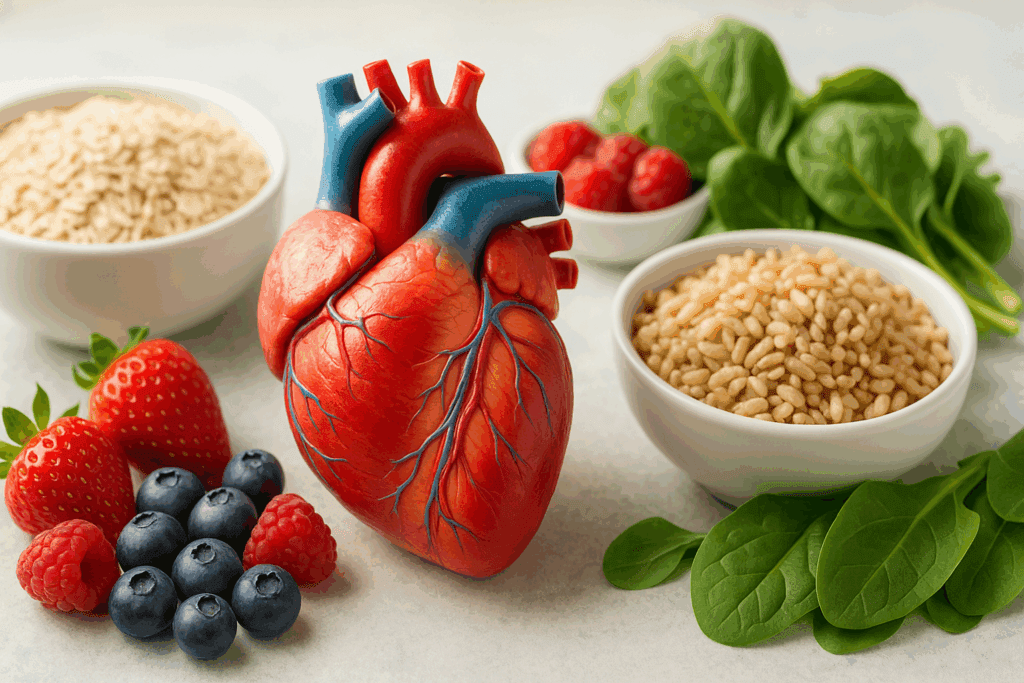
Heart Health and Lipid Regulation
Perhaps the most robust evidence for the benefits of foods low in fat lies in their protective effects on cardiovascular health. Numerous randomized controlled trials and longitudinal studies have established that replacing saturated fats with carbohydrates from whole grains or with unsaturated fats from plant sources can significantly reduce LDL cholesterol—often referred to as “bad” cholesterol—as well as total cholesterol levels. These changes, in turn, lower the risk of coronary artery disease and stroke.
Beyond cholesterol, non fat foods also influence other key markers of cardiovascular health. For instance, low-fat diets are associated with improved endothelial function, which governs the dilation and contraction of blood vessels. A diet centered on vegetables, fruits, and whole grains with minimal added fats supports nitric oxide production and reduces systemic inflammation—both of which are essential for maintaining vascular flexibility and preventing atherosclerosis. Further, emerging evidence suggests that foods without fat can reduce triglyceride levels and blood pressure, particularly when combined with reduced sodium intake and increased potassium from plant-based sources.
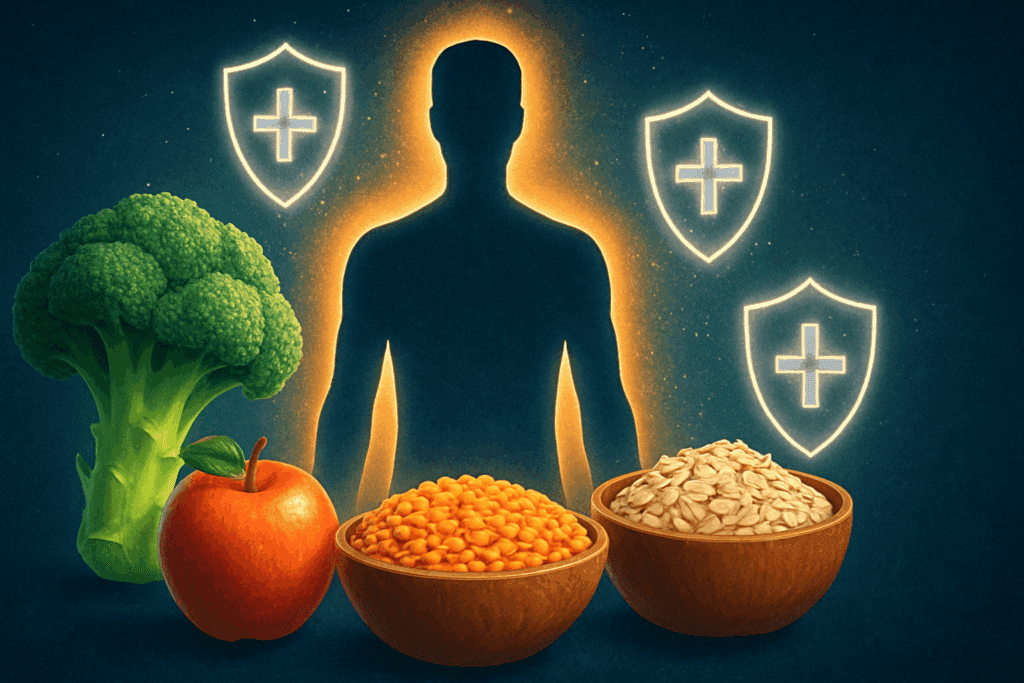
Blood Sugar Control and Insulin Sensitivity
Foods low in fat also play a crucial role in managing blood glucose levels and improving insulin sensitivity. This is particularly important for individuals with prediabetes, type 2 diabetes, or metabolic syndrome. Low-fat, high-fiber diets have been shown to lower fasting blood sugar, reduce insulin resistance, and decrease hemoglobin A1c levels, which are key indicators of long-term glucose control.
Non fat foods such as leafy greens, legumes, and whole grains slow carbohydrate absorption, reducing the glycemic response and minimizing the risk of postprandial glucose spikes. In addition, replacing fatty animal products with plant-based, low-fat options may reduce intramyocellular lipid accumulation, a condition linked to insulin resistance in skeletal muscle. Plant-based diets rich in foods without fat have even demonstrated the potential to reverse insulin resistance in some individuals, offering a compelling dietary intervention for managing diabetes without relying solely on pharmacologic treatments.
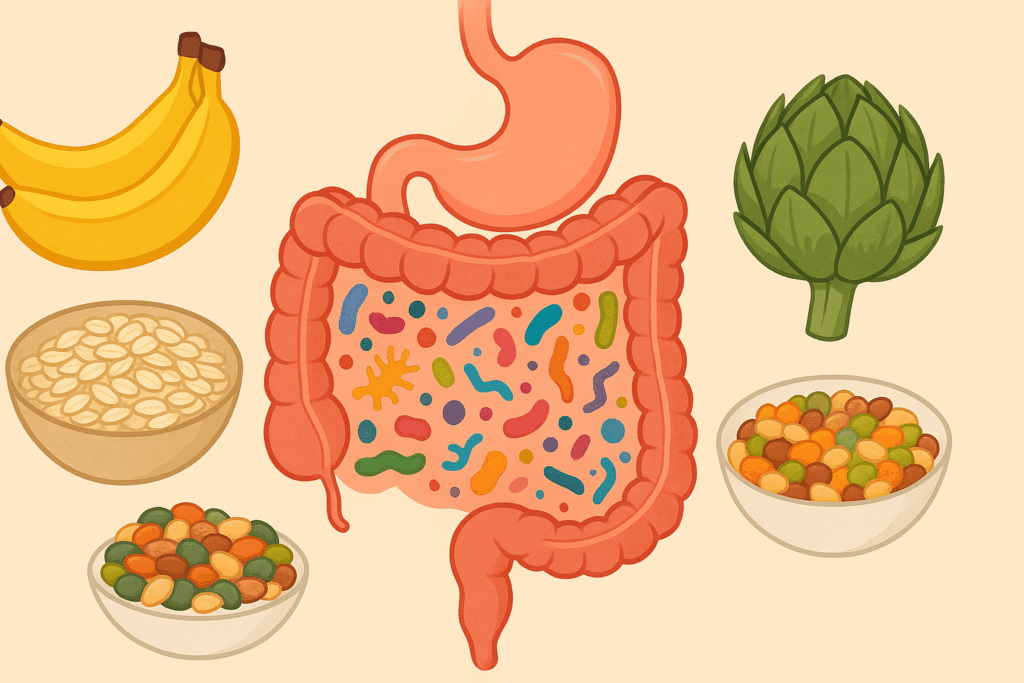
Inflammation and Immune Regulation
Chronic inflammation is a common underlying factor in a wide array of modern diseases, from cardiovascular disorders to autoimmune conditions. While some fats, especially omega-3 fatty acids, are anti-inflammatory, excess saturated fat has been shown to activate pro-inflammatory pathways via toll-like receptor 4 (TLR4) signaling. In this context, replacing high-fat foods with non fat foods can reduce the activation of inflammatory cytokines and support the regulation of immune responses.
Low-fat, plant-based diets are also associated with changes in the gut microbiome that promote anti-inflammatory activity. Fibrous foods without fat encourage the growth of beneficial bacteria that produce short-chain fatty acids (SCFAs), particularly butyrate, which helps maintain gut barrier integrity and modulate immune activity. The result is a more resilient immune system that is better equipped to manage inflammatory stressors and maintain overall health.
Digestive Health and Microbiome Diversity
The digestive benefits of low-fat diets extend beyond inflammation. Many foods low in fat are inherently rich in dietary fiber, which is essential for digestive health and bowel regularity. Insoluble fiber adds bulk to stool and speeds up intestinal transit time, while soluble fiber forms a gel-like substance that binds with cholesterol and helps stabilize blood glucose.
More importantly, these fibers act as prebiotics, feeding the trillions of microbes that populate the human gut. Research increasingly links a diverse and balanced gut microbiome to numerous aspects of health, including mood regulation, nutrient absorption, and immune defense. Non fat foods like lentils, oats, carrots, and apples contribute to microbial diversity, supporting the proliferation of health-promoting bacterial strains such as Bifidobacterium and Lactobacillus. This microbial richness contributes to a well-regulated digestive tract, reduced incidence of constipation and bloating, and enhanced nutrient bioavailability.
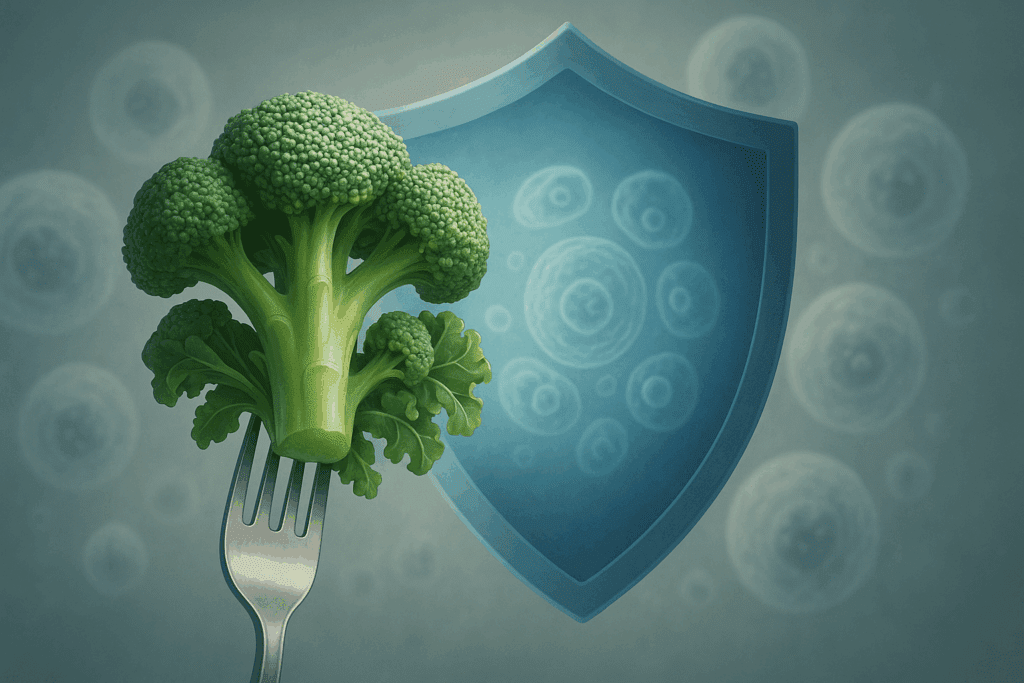
Cancer Prevention and Hormonal Health
The relationship between dietary fat and cancer risk has been the subject of intense research, particularly in the context of breast, prostate, and colon cancers. High-fat diets, especially those rich in saturated fats and processed meats, have been associated with increased risk of certain malignancies, potentially due to their impact on hormone levels, oxidative stress, and bile acid metabolism. Conversely, diets emphasizing foods low in fat are associated with reduced cancer incidence and improved outcomes among cancer survivors.
In hormone-sensitive cancers, such as those of the breast and prostate, fat intake appears to influence circulating estrogen and androgen levels. Reducing dietary fat may help lower these hormone levels and thereby reduce tumor growth potential. Additionally, non fat foods often contain phytochemicals, antioxidants, and anti-carcinogenic compounds such as flavonoids and lignans, which further contribute to cellular protection. For example, cruciferous vegetables like broccoli and Brussels sprouts contain sulforaphane, a compound shown to inhibit cancer cell proliferation and support detoxification pathways.
Mental Clarity and Cognitive Function
While certain fats are vital for brain health, particularly omega-3 fatty acids, excessive intake of saturated fats has been associated with impaired cognitive performance and increased risk of neurodegenerative diseases. Emerging evidence suggests that a balanced diet rich in non fat foods may enhance mental clarity, protect memory, and improve mood regulation.
Antioxidant-rich, low-fat foods like berries, leafy greens, and whole grains support cerebrovascular health by maintaining arterial flexibility and reducing oxidative damage. These effects contribute to improved blood flow to the brain and reduced risk of cognitive decline. Additionally, the anti-inflammatory properties of such foods help protect neurons from chronic stress, which is a contributing factor in conditions such as Alzheimer’s and Parkinson’s disease. Thus, integrating foods without fat into a broader Mediterranean- or DASH-style diet may offer synergistic benefits for brain aging and emotional resilience.
Debunking Myths About Low-Fat Diets
Despite the scientific support for low-fat diets, several misconceptions persist that may deter individuals from adopting or maintaining these dietary approaches. One common myth is that fat-free foods are inherently less satisfying or lack flavor. In reality, culinary techniques such as roasting, seasoning, and marinating can enhance the palatability of foods low in fat without compromising their nutritional integrity. For instance, a well-prepared lentil curry or roasted vegetable medley can offer rich, complex flavors without added oils.
Another misconception is that non fat foods are automatically healthy, even if they are highly processed. It is important to distinguish between whole, unprocessed foods without fat—such as fruits, vegetables, legumes, and whole grains—and ultra-processed “fat-free” products that may contain added sugars, refined starches, or artificial additives. Prioritizing whole-food, plant-based options ensures that the health benefits of a low-fat diet are realized without unintended nutritional trade-offs.
Practical Strategies for Integrating Low-Fat Foods into Daily Life
Successfully adopting a low-fat eating pattern requires both knowledge and intentionality. Begin by emphasizing naturally low-fat foods such as beans, lentils, leafy greens, squash, and root vegetables. Whole grains like quinoa, bulgur, and brown rice provide complex carbohydrates and essential nutrients without the need for added fats. Fresh fruits and berries serve as satisfying, nutrient-dense snacks and dessert alternatives.
Cooking methods matter as well. Steaming, grilling, baking, and sautéing with vegetable broth or small amounts of healthy oils can reduce overall fat content while preserving flavor and texture. Flavor can also be enhanced through the use of herbs, spices, citrus, and vinegar-based dressings. Batch cooking and meal prep can help ensure that low-fat meals are readily available, reducing reliance on convenience foods that may be higher in fat and sodium.
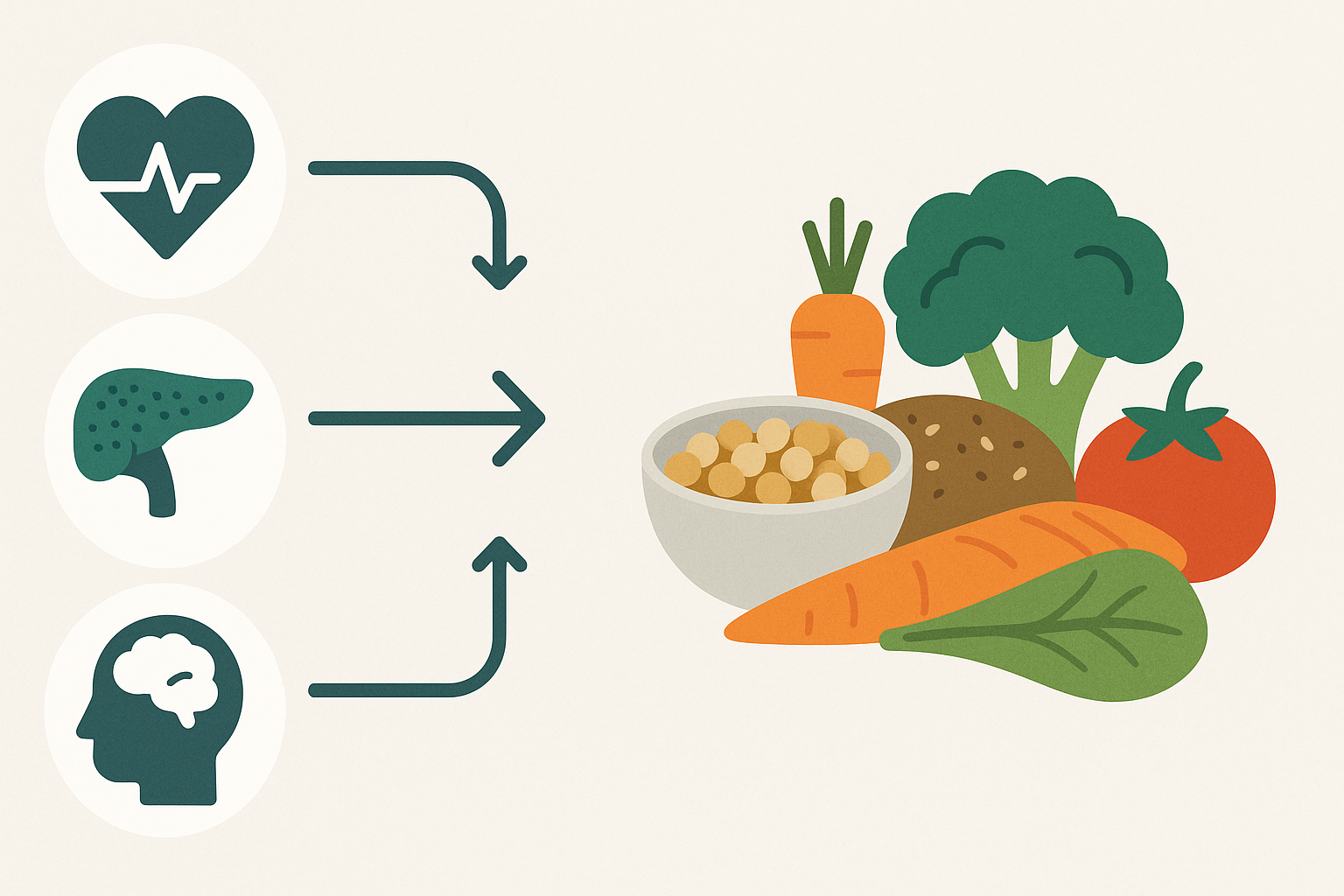
Scientific Support and Emerging Trends
Scientific literature continues to validate the benefits of low-fat dietary patterns across diverse populations. Landmark studies such as the Lifestyle Heart Trial, the Diabetes Prevention Program, and the Women’s Health Initiative have all highlighted the potential for non fat foods to improve key health markers including cholesterol, blood pressure, and insulin sensitivity. More recent meta-analyses and systematic reviews have confirmed these findings while advocating for a nuanced, quality-driven approach to dietary fat reduction.
At the same time, evolving trends in nutritional science are focusing more on dietary patterns than on single nutrients. This shift favors holistic approaches that incorporate a variety of foods low in fat into balanced, culturally appropriate meals. Initiatives like the Planetary Health Diet and Blue Zones research underscore the relevance of such diets not only for individual health but also for planetary sustainability. By emphasizing plant-forward, low-fat food choices, these models support both human wellness and environmental stewardship.
The Future of Low-Fat Nutrition in a Changing World
As we look ahead, the role of low-fat diets in preventive health is likely to remain prominent, especially in light of rising rates of obesity, diabetes, and cardiovascular disease. With increasing public interest in whole-food nutrition, plant-based eating, and evidence-informed lifestyle medicine, non fat foods are poised to play a central role in shaping the future of public health. Education and policy efforts will be crucial to dispel myths, improve access to affordable healthy foods, and support the integration of low-fat options into institutional settings like schools, hospitals, and workplaces.
Moreover, precision nutrition and personalized health technologies may help refine dietary recommendations further, allowing individuals to tailor low-fat diets to their genetic makeup, microbiome profile, and metabolic needs. Continued research and innovation will be essential to ensure that the benefits of foods without fat are fully realized across diverse populations and settings.
Frequently Asked Questions (FAQ) about Foods Low in Fat, Non-Fat Foods, and Fat-Free Eating
- What are some examples of foods without fat that I can include in my diet?
Foods without fat can be incredibly versatile and easy to incorporate into your meals. Fresh fruits and vegetables, such as leafy greens, berries, and carrots, are naturally devoid of fat while providing a wealth of essential nutrients. Additionally, foods like whole grains, including quinoa, oats, and rice, are typically free from fat. If you’re looking for snacks, air-popped popcorn can be a great option. Incorporating these non-fat foods into your diet can help reduce your overall fat intake without compromising on flavor or nutrition. Many plant-based proteins, such as lentils and beans, also fall under the category of foods without fat, offering a healthy, low-calorie protein source. - How can I differentiate between foods low in fat and non-fat foods?
The key difference between foods low in fat and non-fat foods lies in their fat content. Foods low in fat typically contain a small amount of fat, usually less than 3 grams per serving. For instance, lean cuts of meat, such as skinless chicken breast or turkey, qualify as low-fat foods. Non-fat foods, on the other hand, contain negligible or no fat at all. Examples of non-fat foods include fruits, most vegetables, and non-fat dairy products like skim milk. If you’re focusing on reducing fat intake, incorporating both foods low in fat and non-fat foods can help create a balanced approach to healthy eating. - Are there any non-fat foods that can still provide essential nutrients?
Absolutely! Non-fat foods can still be packed with essential nutrients. For example, fruits and vegetables are naturally low in fat but are rich in vitamins, minerals, and fiber. Non-fat dairy products like yogurt and milk are often fortified with vitamin D and calcium, which are crucial for bone health. Similarly, many non-fat plant-based foods, such as beans, peas, and legumes, offer substantial amounts of protein and fiber, even though they are free from fat. These foods without fat are an excellent way to get the nutrients your body needs without adding excess fat to your diet. - What are some practical meal ideas using non-fat foods and foods low in fat?
Meal planning with non-fat foods and foods low in fat can be both delicious and nutritious. Consider making a quinoa salad with fresh vegetables, which would be naturally free of fat. For a protein-packed yet low-fat dinner, try grilled chicken breast with a side of steamed broccoli and roasted sweet potatoes. Breakfast could be a bowl of oatmeal topped with fresh berries, offering a non-fat, fiber-rich start to your day. You could also enjoy a smoothie made with non-fat yogurt, spinach, and a banana for a refreshing, fat-free snack. These meals allow you to enjoy a diverse range of flavors without relying on fat-heavy ingredients. - How can reducing fat intake benefit my overall health?
Reducing fat intake, particularly saturated and trans fats, can lead to significant health benefits. Consuming more foods without fat or foods low in fat can help lower your risk of heart disease and high cholesterol. Additionally, focusing on non-fat foods can assist in maintaining a healthy weight, as they tend to be lower in calories. By incorporating more non-fat and low-fat foods into your diet, you can also improve your digestion, as many of these foods are high in fiber. Furthermore, limiting fat intake supports healthy liver function and reduces the strain on your digestive system, leading to improved overall well-being. - Are non-fat foods always the best option for weight loss?
While non-fat foods can certainly be part of a weight loss plan, it’s important to recognize that fat is an essential nutrient. Many non-fat foods, like fruits, vegetables, and legumes, are beneficial for weight loss because they are low in calories and high in fiber. However, some fat-free products might contain added sugars or artificial sweeteners to compensate for the lack of fat, which can make them less healthy in the long run. Instead of focusing solely on fat content, aim for a balanced diet that includes nutrient-dense foods without fat, like leafy greens and whole grains, along with healthy fats from sources such as avocados and nuts, which can help keep you feeling full longer. - What are some tips for identifying truly non-fat foods in the grocery store?
When shopping for non-fat foods, always check the nutrition label. A food that is labeled “non-fat” or “fat-free” should have less than 0.5 grams of fat per serving. Additionally, look at the ingredient list—if the product contains a lot of artificial additives or preservatives, it might not be as beneficial as natural non-fat foods. Fresh produce like vegetables and fruits, as well as unprocessed grains and legumes, are excellent examples of foods without fat. Non-fat dairy products, such as skim milk or fat-free yogurt, are also readily available in most grocery stores, offering a low-fat alternative for your daily intake. - Can non-fat foods be part of a balanced diet that includes healthy fats?
Absolutely. A balanced diet doesn’t require you to eliminate fats entirely. Instead, it’s about making smarter choices. Non-fat foods are a great way to reduce overall fat intake while still enjoying a variety of foods. For example, you can include foods low in fat, like lean meats or non-fat dairy, alongside healthy fats from foods like olive oil, nuts, and seeds. This approach ensures that you’re not missing out on the essential fatty acids your body needs for brain function and hormone regulation, while still reducing your intake of unhealthy fats. - Are there any risks to consuming too many non-fat foods?
While non-fat foods can be beneficial in many ways, there are potential risks if they make up the majority of your diet. Many fat-free products, especially processed ones, can be low in essential nutrients like vitamin D, omega-3 fatty acids, and certain antioxidants that are found in healthy fats. Additionally, over-consuming non-fat foods can lead to an imbalance in your diet. For example, focusing too much on non-fat or low-fat foods may lead to a lack of essential nutrients that fat-rich foods provide. To maintain a healthy balance, it’s important to incorporate a variety of nutrient-dense foods without fat, while also ensuring you’re getting the right types of healthy fats. - What are some strategies to incorporate more foods without fat into my diet without feeling deprived?
Incorporating more foods without fat into your diet doesn’t have to leave you feeling deprived. Start by replacing higher-fat snacks with fresh fruit, vegetables, or non-fat yogurt. Consider swapping out regular salad dressings with fat-free versions or using lemon juice for added flavor. For your main meals, opt for non-fat proteins like chicken breast or fish, paired with fiber-rich vegetables and whole grains. By focusing on fresh, whole foods that are naturally free of fat, you can enjoy satisfying meals while reaping the benefits of a healthier, lower-fat diet.
A Balanced Path to Wellness Through Foods Low in Fat
In conclusion, the scientific evidence supporting the health benefits of foods low in fat is both substantial and growing. From improved heart and metabolic health to enhanced cognitive function and reduced inflammation, non fat foods offer a powerful, accessible, and sustainable approach to nutrition and wellness. By embracing whole, minimally processed foods without fat as part of a varied and balanced diet, individuals can support not only their own vitality but also the broader goals of public health and environmental sustainability. As the dialogue around dietary fat continues to evolve, a renewed appreciation for the role of low-fat nutrition can guide more informed, empowered, and health-promoting choices in everyday life.
low fat diet benefits, plant-based nutrition, cholesterol-lowering foods, weight loss meal plans, fiber-rich foods, diabetes-friendly meals, healthy heart diet, anti-inflammatory foods, digestive health support, nutrient-dense meals, healthy lifestyle tips, metabolic health nutrition, cancer prevention diet, brain-boosting foods, low-calorie eating, satiety and weight control, gut microbiome diversity, hormone balancing foods, Mediterranean-style eating, whole-food nutrition
Further Reading:
New study confirms the long-term benefits of a low-fat diet
The truth about fats: the good, the bad, and the in-between
Disclaimer: The content published on Better Nutrition News (https://betternutritionnews.com) is for informational and educational purposes only. It is not intended as a substitute for professional medical advice, diagnosis, or treatment. Always seek the guidance of a qualified healthcare professional before making any changes to your diet, nutrition, or wellness practices. The opinions expressed by authors and contributors are their own and do not necessarily reflect those of Better Nutrition News.
Better Nutrition News and its affiliates make no representations or warranties regarding the accuracy, completeness, or reliability of the information provided. We disclaim all liability for any loss, injury, or damage resulting from the use or reliance on the content published on this site. External links are provided for reference purposes only and do not imply endorsement.



